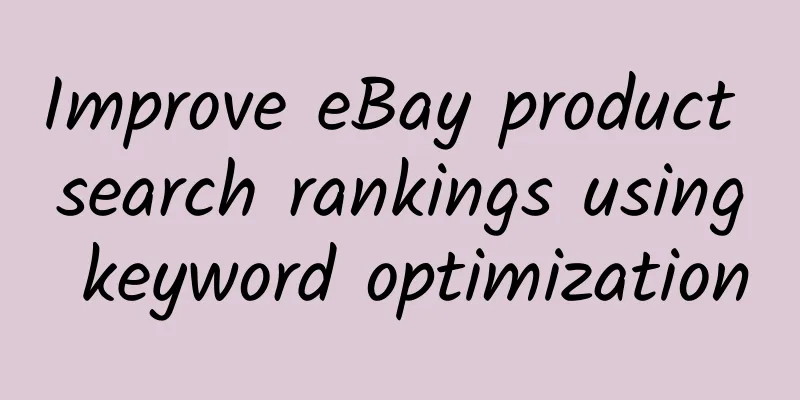Indiegogo tests optional insurance for crowdfunded products

|
It's been a tough year for crowdfunding site Indiegogo, which has seen many of its business plans offering dubious projects (though some of the apps are cool). The site appears to be responding by adding new features to ease investor concerns. The company is experimenting with "optional insurance," which guarantees investors a refund of their investment by paying an insurance premium if they do not get the final product within three months of the scheduled release date of the project product. The service is currently being tested on a stress management wearable device, Olive. The project's product fundraising price is $129, and investors can pay an additional $15 to purchase insurance to mitigate the risk. The company confirmed the trial to TechCrunch but declined to reveal more about its plans. "Indiegogo regularly develops and tests new features to meet the needs of investors and business planners. This pilot is currently only for the Olive project," a spokesperson told us. The move to introduce insurance is significant for Indiegogo, which is considered the second best option for conducting crowdfunding campaigns, after Kickstarter. Indiegogo has looser controls and screening for more bizarre and obviously fraudulent projects, which may be one of the reasons why it introduced insurance. Matt Burns from TechCrunch wrote an article earlier this year on the investment risks of crowdfunding projects, highlighting many Indiegogo-led projects. He specifically pointed out that Indiegogo's "flexible crowdfunding" service has divided the responsibility of crowdfunding. "Flexible crowdfunding" allows companies to ignore their fundraising quota after paying a fee and fully raise funds. The introduction of insurance to help investors reduce the risk of funding unrealistic projects is welcome, but there are still many uncertainties in investing in projects through crowdfunding services such as Indiegogo and Kickstarter. Indiegogo received $40 million in Series B funding in January this year, and the company is also testing the waters in other areas. The company launched a "continuous crowdfunding" service in September. Unlike traditional crowdfunding services that set investment windows for a period of one month, this service allows projects to receive investment continuously. |
<<: What is Fiverr? Who can sell services on Fiverr?
>>: Keepa vs. CamelCamelCamel, which one is better for Amazon sellers?
Recommend
BSCI factory inspection on work environment and occupational health and safety added zero points in 2013
a. A risk assessment regarding safe, healthy and ...
Ann Taylor factory audit procedures and methods
Ann Taylor factory audit procedures and methods 1....
What is Yebhi? What services does Yebhi provide?
Yebhi.com is a well-known e-commerce website affi...
The organic cotton textile industry calls on us to take a sustainable development route
Organic cotton textile industry calls for sustaina...
Problems and solutions faced by foreign trade factories
Problems and solutions faced by foreign trade fac...
What is India's BIS certification? Come and have a look
What is Indian BIS certification? What is the use...
Shopee platform frequently asked questions
Is it possible to fake orders on Shopee? Where tr...
The differences between GSV factory audit, C-TPAT and anti-terrorism factory audit
Generally speaking, anti-terrorism factory inspec...
Hot New Releases--"Hot New Releases List"
Hot new releases is a list of popular new product...
Why does PayPal need authentication? What are the benefits of PayPal authentication? What are the methods for PayPal authentication?
Why does PayPal need to be authenticated? PayPal ...
Anti-terrorism factory inspection computer information system security management system
Anti-terrorism factory inspection computer inform...
What account types are available for eBay sellers to register? What are the registration steps?
What account types are available for eBay sellers...
How is AsiaEasy Intellectual Property? What services does AsiaEasy Intellectual Property provide?
Yayi Intellectual Property Group is an overseas i...
Tesco Human Rights Factory Audit Document List
What is the content of Tesco's human rights a...
Important issues in Adidas factory inspection
1. Legality of the company: Guests can verify whe...









